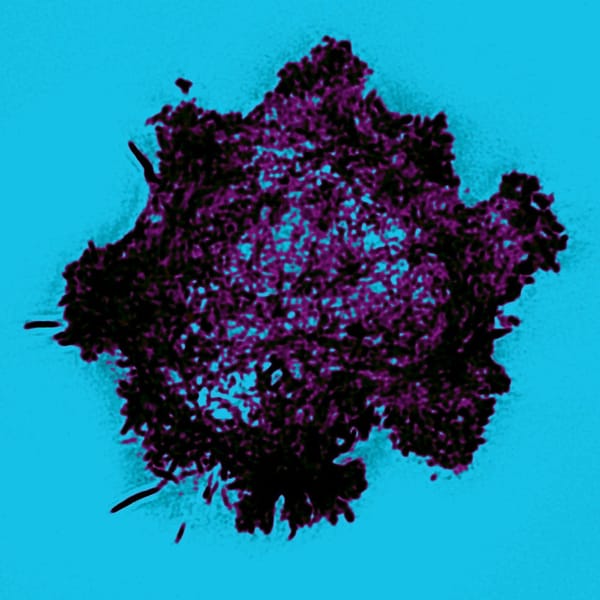Ritalin brings you around faster
Drug could help to bring patients out of anaesthesia almost immediately
Massachusetts Institute of Technology neuroscientists studying the effects of anaesthesia on patients at Massachusetts General Hospital have found that Ritalin, a drug used to treat attention deficit hyperactivity disorder (ADHD), could help bring patients out of anaesthesia almost immediately.
Published in the journal Anaesthesiology, Emery Brown and colleagues found that anaesthetised rats injected with Ritalin were brought out of anaesthesia faster. Anaesthetised rats given Ritalin were revived in an average of 90 seconds. Rats that were not given Ritalin took 280 seconds. The researchers hope that this effect can be replicated in humans so that patients spend less time in a groggy, disorientated state.
After a procedure is completed, the anaesthesiologist stops administering anaesthetic to the patient. The patient takes around five to ten minutes to regain the ability to breath unassisted but remains confused and disorientated for up to two hours.
It would be better if doctors were able to bring patients out of anaesthesia more quickly so that they can make important and informed decisions after their operation. Ritalin increases the amount of dopamine in the brain and improves focus and attention in ADHD patients.
A similar effect is observed in anaesthetised patients. Ritalin awakens the parts of the brain responsible for decision making faster than they recover unassisted.
Bringing patients around more quickly also means that patients spend less time in costly operating theatres – even a small time saving of ten minutes per patient will reduce costs significantly over the course of a year.
Unfortunately, some patients experience unwanted side effect with Ritalin, such as hyperventilation, hypertension and nausea. However, Zheng Xie, assistant professor of anaesthesia at the University of Chicago, expects that it will be possible to design other drugs that have the same effect as Ritalin. Brown and co-workers are currently seeking approval for clinical trials.





